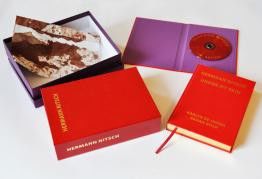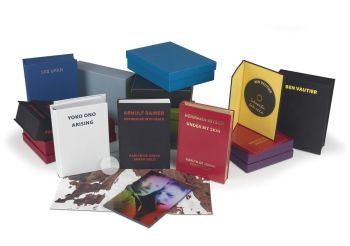First edition of the Pentateuch in Arabic 1622
Thomas van Erpe (Erpenius)
Actuellement indisponible via Gallerease
- Sur l'oeuvre d'artTurat Musa al-Nabi alayhi al-salam id est Pentateuchus Mosis Arabicè.
Leiden, Thomas Erpenius for Johannes Maire, 1622.
4to.
With the title in a woodcut architectural frame. Contemporary vellum.
"First printing of the Pentateuch in Arabic characters" (Smitskamp). Edited by Thomas Erpenius and printed with his influential nashk Arabic types, cut under his direction by Arent Corsz. Hogenacker in Leiden. It gives the text of a 13th-century translation of the Pentateuch in the Maghreb dialect (spoken in Mauritania). Erpenius was one of the most distinguished orientalists and by far the best Arabist of his day. He published an influential Arabic grammar and several excellent critical editions. His own private printing office, equipped with Hebrew, Arabic, Syriac, Ethiopic and Turkish type, produced its first works as early as 1615.
With bookplate, owner's inscription and library stamp of Verplanck Colvin (1847-1920). Occasional spots, some leaves with a minor waterstain in the upper or lower margin, nor affecting the text. A good copy, with generous margins. Binding slightly soiled and with a restoration to the front inner hinge, but otherwise good.
Breugelmans 1622-2; Darlow & Moule 1645; Smitskamp, Philologia orientalis 86. - Sur l'artisteThomas van Erpe / Thomas Erpenius (1584, Gorinchem - 1624, Leiden), également connu sous le nom de Thomas van den Erpe, était un célèbre orientaliste néerlandais. Après avoir étudié les langues orientales - Scaliger lui a conseillé de le faire - et la théologie à Leiden, il a voyagé en Europe. Restant à Paris, il se lie d'amitié avec Casaubon, un célèbre érudit classique et philologue. A Paris, il a également suivi des cours d'arabe et à Venise, il a étudié les langues turque, persique et éthiopienne. Erpenius fut nommé professeur d'arabe et d'autres langues orientales à l'Université de Leyde en 1613. Il y installa une imprimerie pour l'arabe et d'autres langues orientales. Il a imprimé sa première édition des fables de Luqman comme sa première publication d'essai (sans points de voyelle pour les types arabes). Les annotations qu'il a faites pour son propre exemplaire ont été incorporées dans la deuxième édition (avec points de voyelle) de 1636. Les fables animalières de Lukman étaient une partie importante de la culture arabe préislamique et sont toujours populaires aujourd'hui. La bibliothèque d’Erpenius a été transférée à la bibliothèque de l’Université de Cambridge en 1632. Il a produit de nombreux ouvrages, entre autres des grammaires de plusieurs langues orientales: arabe, hébreu, chaldéen, syrien.
Artwork details
Catégorie
Related artworks
Tilmanus Nicolaus Maastricht
Missale Romanum avec montures en argent hollandais1788 - 1792
Prix sur demandeJacob J. Roosjen SRI
Antonie Derkinderen
Memory book Exhibition of Dutch Painting1892
Prix sur demandeKunsthandel Pygmalion
Engelbert Kaempfer
LIVRE ENGELBERT KAEMPFER1651 - 1716
Prix sur demandeZebregs & Röell - Fine Art - Antiques
Yoko Ono
YOKO ONO: "ARISING" SIGNED BOOK PLUS SMALL ARTWORK 2010 - 2014
Prix sur demandeGallerease Selected
Tilmanus Nicolaus Maastricht
Missale Romanum avec montures en argent hollandais1788 - 1792
Prix sur demandeJacob J. Roosjen SRI
Antonie Derkinderen
Memory book Exhibition of Dutch Painting1892
Prix sur demandeKunsthandel Pygmalion
Engelbert Kaempfer
LIVRE ENGELBERT KAEMPFER1651 - 1716
Prix sur demandeZebregs & Röell - Fine Art - Antiques
LAWRENCE WEINER
"SKIMMING THE WATER [MENAGE A QUATRE]" Signed book plus small artwork2010 - 2014
Prix sur demandeGallerease Selected
Hermann Nitsch
"UNDER MY SKIN" Signed book incl. small artwork and DVD in a matching box2010 - 2014
Prix sur demandeGallerease Selected
1 - 4 / 22

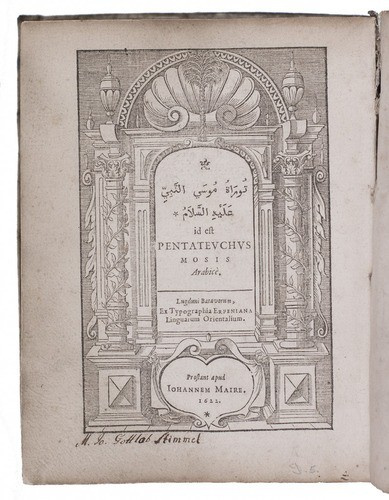



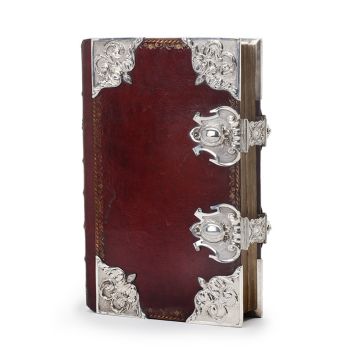
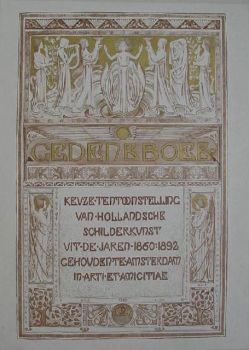
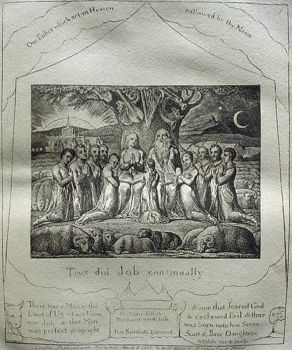
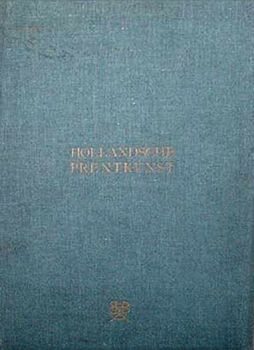
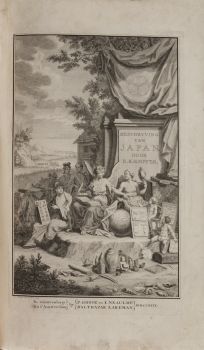
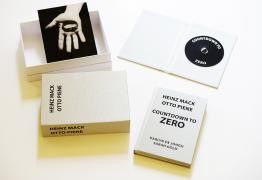
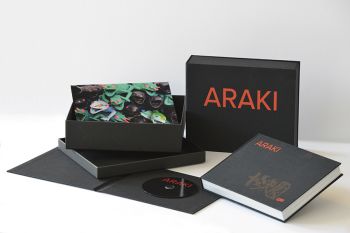
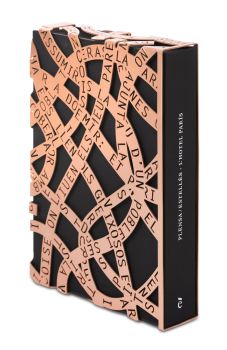
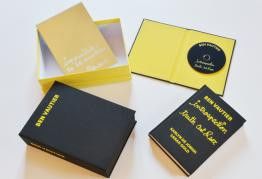
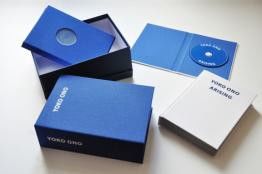
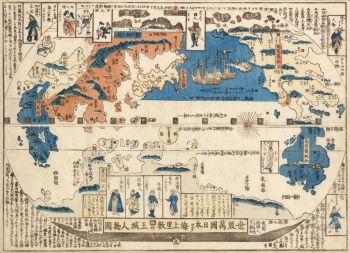
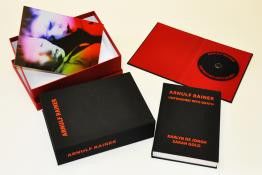
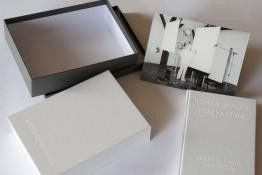
!["SKIMMING THE WATER [MENAGE A QUATRE]" Signed book plus small artwork by LAWRENCE WEINER](https://media-2.gallerease.com/images/442bfd5f-fc31-4e18-a2fa-ee0c08eade64/350x350/skimming-the-water-menage-a-quatre-signed-book-plus-small-artwork.jpg)
